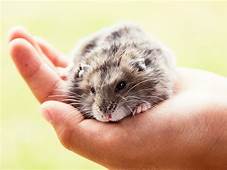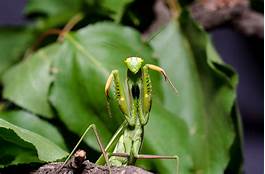What are Pocket Pets?
Pocket pets are small animals that can be kept as pets in a home. They are typically small enough to fit in a pocket, hence the name "pocket pet." Pocket pets are popular because they are relatively low-maintenance and can be kept in small spaces. They can also be very affectionate and make great companions.

Types of Pocket Pets
There are many different types of pocket pets, including:
1. Hamsters: Hamsters are small, furry rodents that are popular pocket pets. They are active and playful, and they come in a variety of colors and patterns.
2. Gerbils: Gerbils are also small, furry rodents that make good pocket pets. They are social animals and enjoy living in groups. Gerbils are very active and playful, and they love to explore.
3. Guinea pigs: Guinea pigs are larger than hamsters and gerbils, but they are still considered to be pocket pets. They are very friendly and social animals, and they make great companions. Guinea pigs need more space than hamsters and gerbils, so they are best suited for families with larger homes.
4. Chinchillas: Chinchillas are small, furry rodents that are native to South America. They are known for their soft, dense fur, which is prized by furriers. Chinchillas are active and playful, and they make good pocket pets. However, they require a lot of care and attention, so they are not suitable for first-time pet owners.
5. Degus: Degus are small, furry rodents that are native to Chile. They are social animals and enjoy living in groups. Degus are very active and playful, and they love to explore. They are also very intelligent and can be trained to perform tricks.
Care of Pocket Pets
Pocket pets require a variety of care, including:
1. Food: Pocket pets need a diet that is high in fiber and low in fat. They should be fed a variety of foods, including pellets, hay, and fresh vegetables.
2. Water: Pocket pets need access to fresh water at all times.
3. Housing: Pocket pets need a cage that is large enough for them to move around comfortably. The cage should also be escape-proof and have a solid bottom.
4. Bedding: Pocket pets need soft bedding to sleep on. The bedding should be changed regularly to keep it clean and dry.
5. Toys: Pocket pets need toys to keep them entertained. Toys can help to prevent boredom and promote exercise.
Health of Pocket Pets
Pocket pets are susceptible to a variety of health problems, including:
1. Respiratory infections: Respiratory infections are a common problem in pocket pets. Symptoms include sneezing, coughing, and runny nose.
2. Digestive problems: Digestive problems are also a common problem in pocket pets. Symptoms include diarrhea, vomiting, and loss of appetite.
3. Skin problems: Skin problems are also common in pocket pets. Symptoms include itching, scratching, and hair loss.
4. Dental problems: Dental problems are also common in pocket pets. Symptoms include bad breath, drooling, and difficulty eating.
It is important to take your pocket pet to the veterinarian for regular checkups. This will help to ensure that your pet is healthy and up-to-date on its vaccinations.
Declaration: All article resources on this website, unless otherwise specified or labeled, are collected from online resources. If the content on this website infringes on the legitimate rights and interests of the original author, you can contact this website to delete it.




